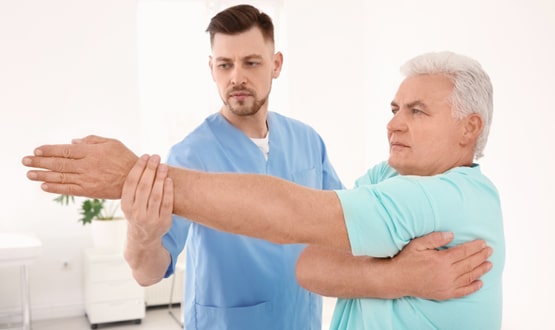Mobile and app news in brief

This week’s mobile and app news in brief sees millions of both pounds and euros given to fund digital technology products, alongside a novel way to book care home beds.
Millions for the Nightingale project
Two clinicians from University College London Hospitals NHS Foundation Trust are part of an European-wide team awarded funds to develop the “ultimate patient monitor”. The Nightingale project will receive €5.2 million from the European Commission to create a wearable technology to monitor patients’ vital signs and warn of any deterioration.
The project involves doctors, nurse and engineers from the UK, Holland, Germany, Sweden and Belgium, and the official tender will open 1 November 2017. John Welch from UCLH said in a statement that “the end product will hopefully be an adaptation of consumer gadgets such as the FitBit for clinical use that effectively measures patients’ vital signs”.
A smart medicine diary
A Cambridge based start-up, Healthera, has won NHS funding to develop its smart medicine diary app. The software analyses medicine taking patterns, records concerns and can alert clinicians if medication is taken irregularly or misused.
Healthera could receive up to £1 million from SBRI Healthcare, an NHS England initative that also funded Snap40. Quintus Liu, chief executive at Healthera said: “Our latest funding award from the NHS England initiative, in recognition of our potential to reduce A&E pressures, will help fast-track our move to market.”
Booking a careroom.com
Hertfordshire County Council is taking inspiration from hotel website, booking.com, to make finding a bed in a care home easier. The technology, called BedFinder, has been developed by the OLM Group and allows the council to check availability in real time leading to a 50% reduction in time booking beds.
Medopad takes on leg ulcers
The patient monitoring technology company Medopad has joined with the Leg Ulcer Charity to launch an app that allows patients to share information about their condition. The patient can use the app to track symptoms, monitor blood pressure and photograph the ulcer.
Dan Vahdat, chief technology officer at the company, said in a statement: “Helping people to self-monitor their condition lets patients feel more in control and improves the treatment of leg ulcers, as the patient has a detailed treatment record ready to share with medical professionals.”
Mark Whiteley, vascular specialist and founder of the charity, said that between the Leg Ulcer Charity and Medopad “we have developed an innovative way for patients with leg ulcers and their carers to participate in their own treatment pathways. Patients can share their medical information with any healthcare professional they wish and access advice from the Leg Ulcer Charity via the app”.




